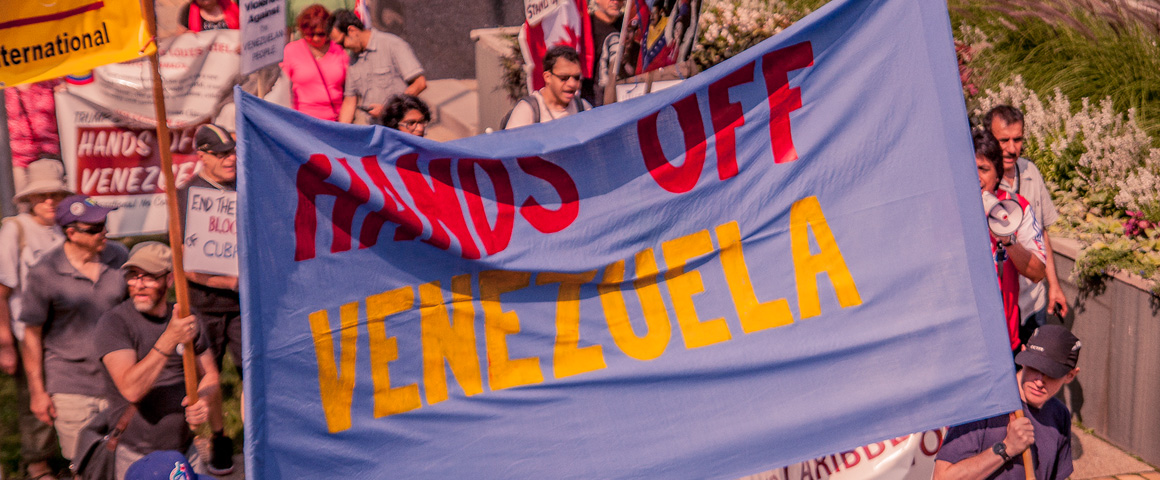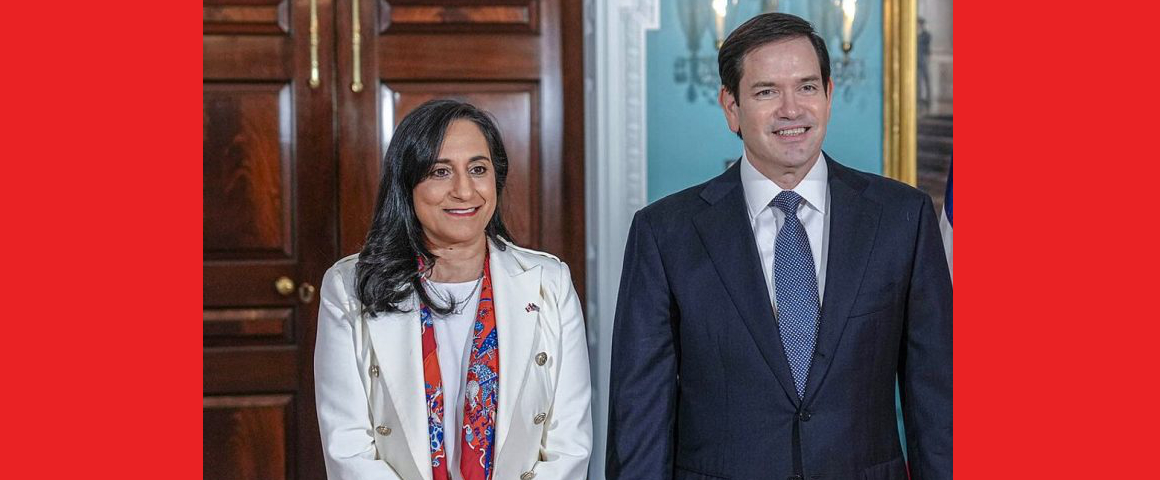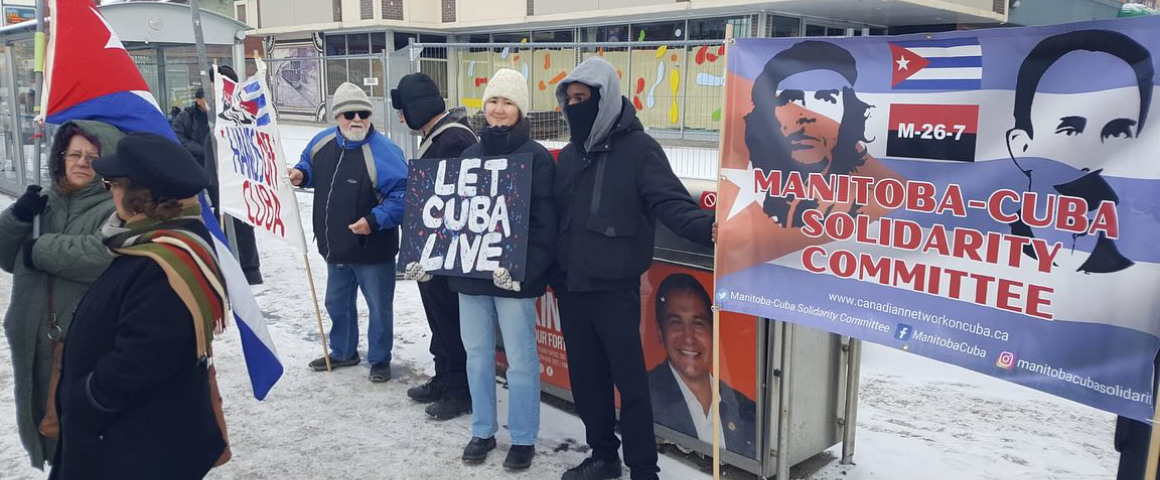A recent “virtual meeting” brought together activists from across Canada to discuss the reality of the “crisis” in Venezuela, with the intention of strengthening the Canadian movement in solidarity with Venezuela.
The event was organized by individuals and organizations including Calgarians Against War and Intervention, Toronto Venezuela Solidarity Committee and Frente para la Defensa de los Pueblos Hugo Chavez (based in Vancouver). It was live streamed from Calgary on August 28.
The organizing group stated in a media release: “The U.S. government has issued several rounds of sanctions against Venezuelan officials, and President Trump has recently declared that a `military option’ is still a possibility. The latest White House set of sanctions [was issued] on August 25.” The release added that the Canadian government has “intervened in the affairs” of Venezuela with “unfounded accusations against the Maduro government.”
The panel included four analysts from Canada and a community organizer living in Venezuela. They shared analysis on issues affecting Venezuela to an audience in Calgary and were joined by many viewers via live stream.
Miguel Figueroa, acting President of the Canadian Peace Congress, stressed that even when Venezuela has the “largest proven oil reserves, this is not just ‘blood for oil’. It is much more than control of resources. The economic war on Venezuela is part of the imperial take over.” He asked: “What can we do in Canada?”
Juan Restrepo, a community activist from the Toronto Venezuela Solidarity Committee, spoke about the significance of the Bolivarian Revolution for the region. He referred to Venezuela’s important contribution to ending the conflict in Colombia, and observed the utter hypocrisy of the US/Western mainstream media coverage which gives exaggerated reports of casualties arising from the violent protests in Venezuela (invariably blamed on the Maduro government) while saying virtually nothing about the assassinations of community, labour and human rights activists by right-wing paramilitaries in Colombia, with the aim of undermining the peace process in that country.
Sarah Ali, a grassroots community organizer and digital advocacy specialist from Toronto, spoke about the need and the possibility of building a national digital network for solidarity with the Bolivarian Revolution. She explained how to identify and target an audience in order to raise their knowledge and interest about Venezuela.
Nino Pagliccia, a spokesperson for the Frente Hugo Chavez para la Defensa de los Pueblos, reported on the solidarity activities undertaken by his organization, addressing broader peoples’ struggles in Latin America with a special focus on Venezuela. He stressed that not only Venezuela, but “indeed all of Latin America is under attack.”
“We cannot lose Venezuela. That would mean a return to the hegemonic and colonial domination by the US in Latin America,” he added.
The last speaker was Carlos Perez, a community leader involved in the local CLAP (Local Committee for the Supply and Stock) initiative, which delivers essential food items to members of the community on a bi-weekly basis. He focused on the period he called “between counter-revolution in 2015 to Revolution 2.0 in 2017.”
The 2015 reference is to when the right-wing took parliament with an overwhelming majority, but after a campaign was filled with irregularities. Carlos added, “the aim of the right wing was to force the people into civil war, and set the panorama for foreign intervention.” This had to be done through a political, media and economic war.
Maduro realized that Chavismo needed “evolutionary contingencies to protect the spiritual epicenter of the revolution.” Carlos said that Chavez’s vision for all Venezuelans through social programs like Mision Vivienda has provided homes to 1.7 million families across the country, and that the CLAP program introduced by Maduro “is an emergency measure to intervene against the sabotage affecting food and hygiene items in the marketplace.”
According to Carlos, “the Constituent Assembly took over duties to pass legislation and work with the rest of the state powers in order to get the political system up and running again. That is the Bolivarian Revolution 2.0 taking place in Venezuela today.”
Speaking from his community base in Venezuela, Carlos ended his presentation with a call to Canadians, “our solidarity, your marches, your debates and critiques, your voice of hope gives us strength. The revolutionary fight belongs to all of us. It is the fight to keep alive the Bolivarian struggle for La Patria Grande.”
The webinar was very successful and helped achieve the goal of the organizers, to build a national network of Solidarity with Venezuela in Canada.
(For more information, email fdphc.so@gmail.com).




